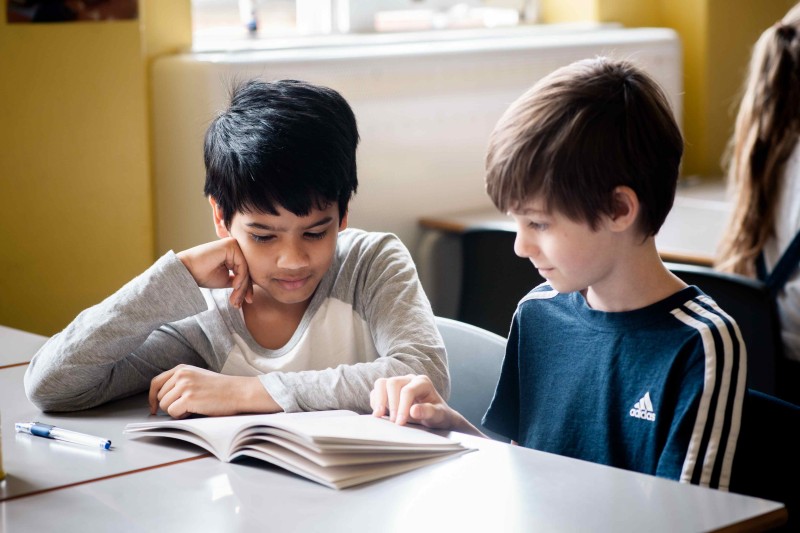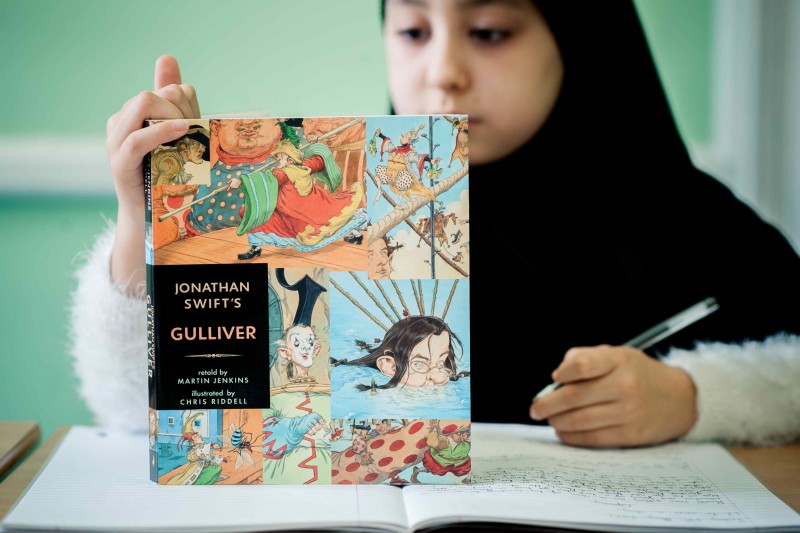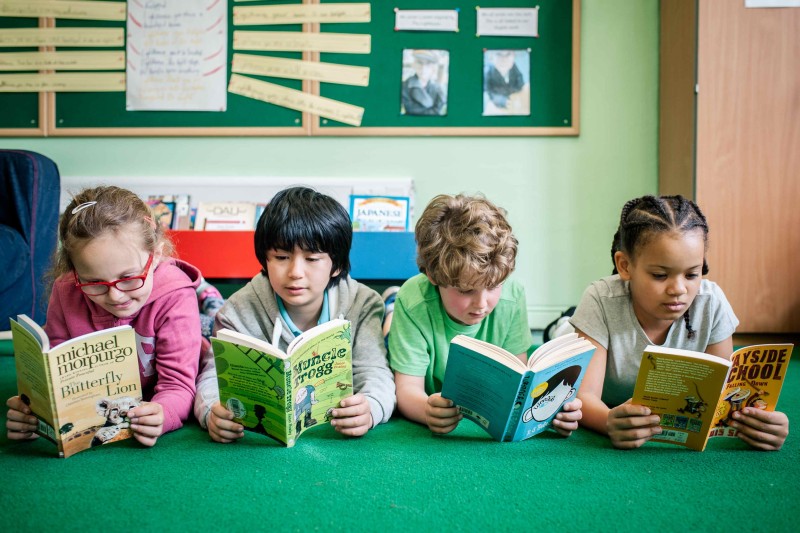Posted on: 14/04/2022
When doing our monthly webinar we get asked a real range of questions from Headteachers and Literacy leads about the Literary Curriculum and how it has been put together. Recently the most common question has been how we choose the books, so we thought we'd answer it here - although it's not a simple answer!
Many schools are not new to the concept of a book-based curriculum, and often schools have used curriculum areas or subjects to begin to organise books under. Our book choices are not that straightforward - we have chosen to organise under literary themes - and we often talk at length about the rationale behind the diverse group of texts we have in the Literary Curriculum. Whilst we do not pretend to have the highly honed skills of a school librarian, our consultancy team of teachers love to read and take it upon themselves to seek out books that will inspire, engage and excite. Our weekly meetings often feature a recommendation which will be included in our monthly Literature Review, and we love nothing more than to dissect a book we've loved to see if it will work in a classroom setting.
For us, being literate means more than being a good decoder or good reader. It means that children have been exposed to a range of books. This is crucial during the primary years as we need to expose children to the broadest range of genres, authors and text types so that they can make the most informed choices later. For this reason, you will see on our curriculum maps that within a year children will have used fiction, poetry and non-fiction of varying types and lengths to engage them as readers and writers. There’s no book that we see as more important than another, and we want children to be able to use their literary experiences to become critical readers later on in life. Our hope would be that children would have enough 'book experience' to navigate any bookshop or library after leaving school, and that they would be able to identify preferred genres and authors - and even name the ones they don't prefer through experience!

We know that some books are known about before children even open the first page! We wanted to include some of these books that may be considered ‘classic’, such as The Lion, the Witch and the Wardrobe, The BFG as well as some lesser-known classic books like Gulliver’s Travels and the abridged version of The Tempest. We know that some children won’t have any previous experiences of these and so it means that the Literary Curriculum can be a starting point for all children to build upon later in life. We balance these with books published recently, by authors who we know will considered to be classics in the future, such as Nadia Shireen and Oliver Jeffers.

At The Literacy Tree, we like to seek out the books which may not be obviously popular - although we do seem to have a knack of choosing a book that will go onto win the Carnegie, Greenaway or *Waterstone’s! Essentially, we choose books that we believe will engage on a deeper level – we want the books to stay in the minds of children long after the planning sequence or Literary Leaf, as our aim is for them to become a meaningful context for the learning that takes place. There’s nothing better than a narrative which has taken a class on a journey together! We love hearing about the collective shock responses of the ending in Tadpole's Promise in Y2 classes (no spoilers here!) or the bonding and reflection that takes place after reading The Unforgotten Coat in Y6 classes as they use the narrative to look back at their own school life. All the narratives (and non-narratives!) we have chosen are purposefully picked in the hope that they can strike a chord and evoke - or provoke even - a response.
Whilst some books are devoured by children independently and for pleasure, we know that some books benefit by being led by a teacher. Some texts are particularly rich in terms of vocabulary choices and provide challenging concepts. These can be a gift in the classroom and we particularly love hearing about the books that children didn’t find interesting at first but ended up loving because they feel like they have mastered or understood something important through the text. This is often the feedback we receive from our case studies.
We continue to evaluate our book choices to ensure we have a wide range of characters and settings within our texts that children can identify with. Representation in children's books for all children is improving in the publishing world and so we are able to make sure we choose books and authors that reflect the world we live in.
This is an ongoing job as whilst there are still wonderful stories being written and beautiful books being published, the Literary Curriculum will never be finished, so please let us know if there’s a book you would like to see a resource ‘Coming Soon’ for!
*The Last Bear is a good example of this as we wrote the planning sequence when it first came out last year and it has just been awarded the Children’s Waterstone’s Book of the year!
Posted in: Curriculum